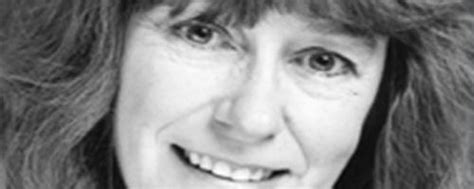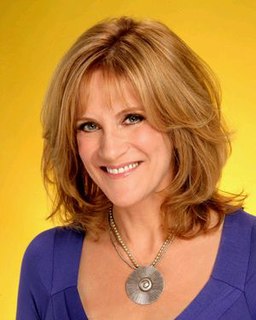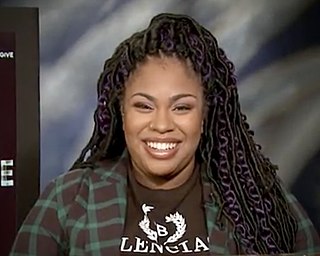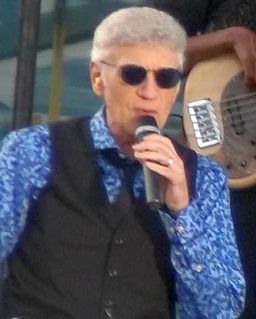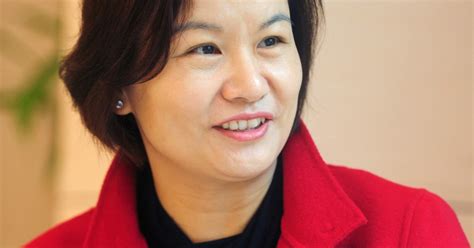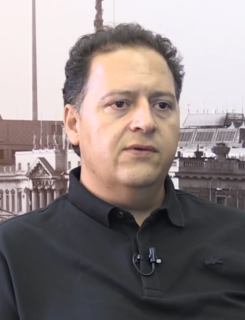A Quote by Orhan Pamuk
With the death of my father, it wasn't just the objects of everyday life that had changed; even the most ordinary street scenes had become irreplaceable mementos of a lost world whose every detail figured in the meaning of the whole.
Related Quotes
For example, John Law's Mississippi Company venture printed shares, and the money had gone up in smoke when it had been inscribed objects. The inscription made it magic and changed its meaning. That's how objects become charmed in The Arabian Nights, and they are often originally ordinary objects. The carpet is an ordinary, paltry object. The lamp is a rusty old lamp, and the bottles jinns are imprisoned within are old bottles. They are changed by the magic and the jinn's presence, and the jinn's presence is often embodied in the seal or inscription.
I had written two or three books before my husband noticed that in every one of them a family member was missing. He suggested that it was because my father's death, when I was five, utterly changed my world. I can only suppose he is right and that this is the reason I am drawn to a narrative where someone's life is changed by loss.
It seemed perfectly possible that, in spite of my certainty of my own genius, I might die of some illness, or perhaps even in a street accident, before I had ever glimpsed the meaning of life. My moods of happiness and self-confidence convinced me that I had a "destiny" to become a famous writer, and to be remembered as one of the most important thinkers of the century.
And he began to see the truth, that Ged had neither lost nor won but, naming the shadow of his death with his own name, had made himself whole: a man who, knowing his whole true self, cannot be used or possessed by any power other than himself, and whose life therefore is lived for life's sake and never in the service of ruin, or pain, or hatred, or the dark.
I had seen faces in photographs I might have found beautiful had I known even vaguely in what beauty was supposed to consist. And my father's face, on his death-bolster, had seemed to hint at some form of aesthetics relevant to man. But the faces of the living, all grimace and flush, can they be described as objects?
No one really understood music unless he was a scientist, her father had declared, and not just a scientist, either, oh, no, only the real ones, the theoreticians, whose language was mathematics. She had not understood mathematics until he had explained to her that it was the symbolic language of relationships. "And relationships," he had told her, "contained the essential meaning of life."
In Tereza’s eyes, books were the emblems of a secret brotherhood. For she had but a single weapon against the world of crudity surrounding her: the novels. She had read any number of them, from Fielding to Thomas Mann. They not only offered the possibility of an imaginary escape from a life she found unsatisfying; they also had a meaning for her as physical objects: she loved to walk down the street with a book under her arm. It had the same significance for her as an elegant cane from the dandy a century ago. It differentiated her from others.
Peter Fleming was a famous English traveler, explorer and adventurer, whose non-fiction books were hugely successful. My father owned signed copies of all of them - he and Peter Fleming had become acquainted over some detail of set design at the Korda film studio in Shepperton - and I had read each of them with breathless adolescent excitement.
At the time when I was in college, Oscar Grant had just lost his life in Oakland, Calif. He was an unarmed young black male who had a record. And at the time when his death was making headlines, more people were talking about what he had done in his past than the fact that he unjustly lost his life.


